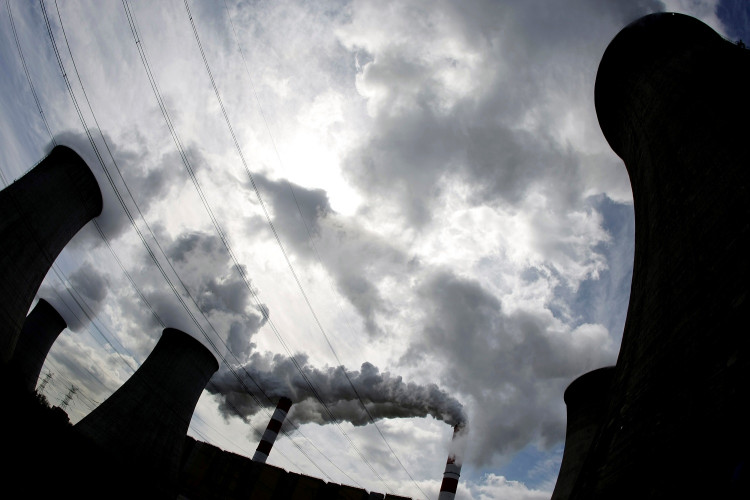A 20-year study concluded that severely hot or cold temperatures kill more than 5 million people worldwide each year - and heat-related deaths are on the rise.
The study, published in the journal The Lancet Planetary Health and involving hundreds of scientists from around the world, discovered that heat or cold exposure causes 9.4% of worldwide mortality each year, which equates to 74 extra deaths per 100,000 people.
The study discovered that deaths related to high temperatures have increased in all regions since the turn of the millennium, implying that global warming caused by the climate crisis will exacerbate this mortality number in the future.
Yuming Guo of Monash University in Australia and Shanshan Li and Qi Zhao of Shandong University in China were among the scientists who said that more than half of the excess deaths caused by cold and hot temperatures happened in Asia.
"Our study found that more than half the excess deaths occurred in Asia, and especially in low-lying and crowded coastal cities in eastern and southern Asia," they wrote in the study.
According to the researchers, Eastern Europe has the highest excess mortality rates per 100,000 linked to heat exposure, whereas Sub-Saharan Africa has the highest excess mortality rates per 100,000 linked to cold exposure.
The team examined mortality and temperature data from 2000 to 2019, a period when global temperatures climbed by 0.26 degrees Celsius each decade.
Unlike earlier studies that focused on temperature-related mortality within a specific nation or area, the scientists claim that this is the "first study to get a global overview of mortality" during the warmest time since the pre-Industrial era.
Earlier large-scale research, published in The Lancet in 2015, evaluated mortality in roughly 15 countries and concluded that cold and hot temperatures were responsible for 7.7% of deaths.
The researchers hope that better understanding comparable geographic patterns of temperature-related mortality would lead to improved international collaboration in establishing policies and methods aimed at climate crisis mitigation and adaptation.





